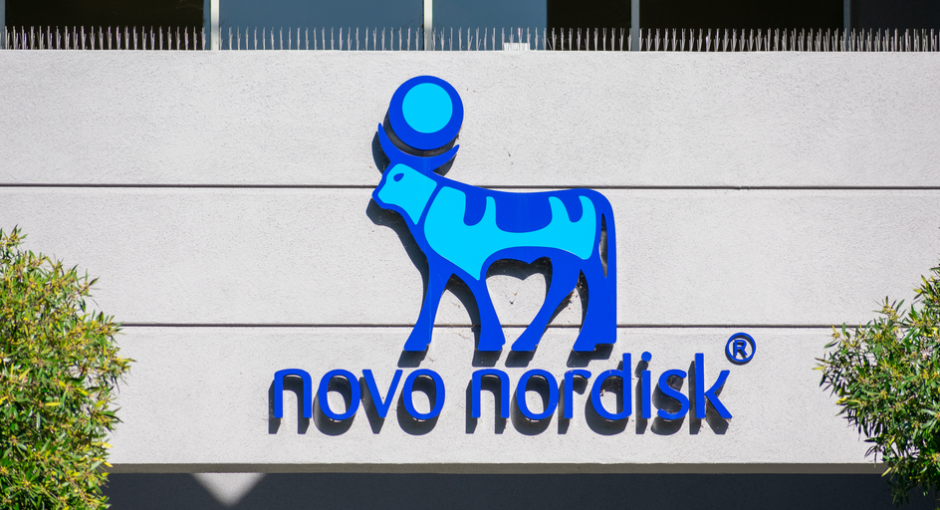Drug manufacturer Novo Nordisk late yesterday appealed a federal district judge’s Nov. 5 joint ruling in its and fellow manufacturer Sanofi’s 340B contract pharmacy lawsuits. Sanofi filed its appeal earlier yesterday.
Novo Nordisk’s notice of appeal, like Sanofi’s, is one sentence long and does not say which parts of U.S. Chief District Judge for the District of New Jersey Freda Wolfson’s Nov. 5 ruling it is challenging. It is possible the U.S. Third Circuit Court of Appeals in Philadelphia will consolidate its consideration of the cases. Wolfson considered Novo Nordisk and Sanofi’s cases separately but issued a single opinion covering both.
Wolfson’s joint ruling upheld the federal government’s finding that the two companies cannot unilaterally impose restrictions on offers of 340B pricing to covered entities and that their policies must cease. She also, however, vacated the government’s May 17 findings that the companies owe credits or refunds to covered entities and face civil monetary penalties “to the extent that such determinations may depend on the number of permissible contract pharmacy arrangements under the 340B statute.”
Wolfson sent the May 17 letters back to HRSA for further consideration consistent with her ruling.
Novo Nordisk is the third manufacturer to appeal a lower court’s ruling on 340B contract pharmacy.
Lilly last week appealed U.S. Senior District Judge’s Sarah Evans Barker’s Oct. 29 ruling partially in Lilly’s favor and partially for the federal government on the legality of Lilly’s denials of 340B ceiling prices when covered entities use contract pharmacies.
The U.S. Seventh Circuit Court of Appeals in Chicago in a pair of orders this week questioned on procedural grounds whether Barker’s ruling is final and thus appealable at this time.
A third federal district judge, Dabney Friedrich of the District of Columbia, on Nov. 5 struck down and set aside HRSA’s May 17 letters telling Novartis and United Therapeutics that their contract pharmacy policies were illegal.
Friedrich held that 340B statute does not prohibitdrug manufacturers from attaching any conditions to the sales of covered drugs through contract pharmacies. But, she added, the statute does not permit all such conditions.
Friedrich did not send the letters back to HRSA for further action consistent with her decision. Any future enforcement action, she said, must rest not on those letters, but instead “on a new statutory provision, a new legislative rule, or a well-developed legal theory that Section 340B precludes the specific conditions at issue here.”
Neither Novartis, United Therapeutics, nor the government has filed a notice of appeal of Friedrich’s ruling. 340B provider organizations are encouraging the government to appeal the ruling.
Meanwhile, AstraZeneca and the government are eagerly awaiting Delaware-based U.S. District Judge Leonard Stark’s decision in Astra’s 340B contract pharmacy lawsuit.
Boehringer Ingelheim’s legal defense of its policy of denying hospitals 340B drug discounts when hospitals use contract pharmacies is in its preliminary phase.
HRSA is expected soon to send Merck a letter telling it that its restrictions on 340B discounts when covered entities use contract pharmacies are illegal and must stop.


